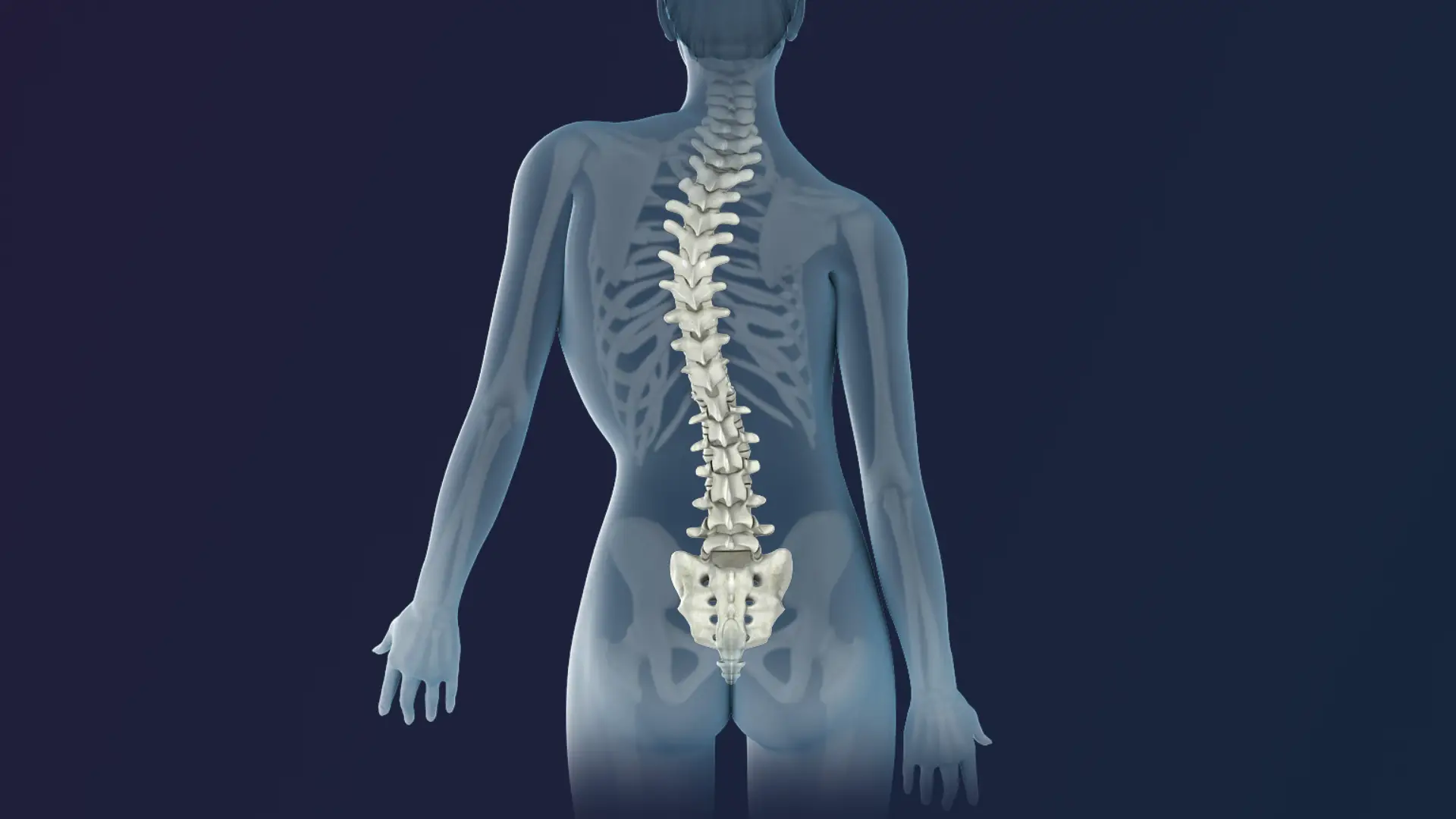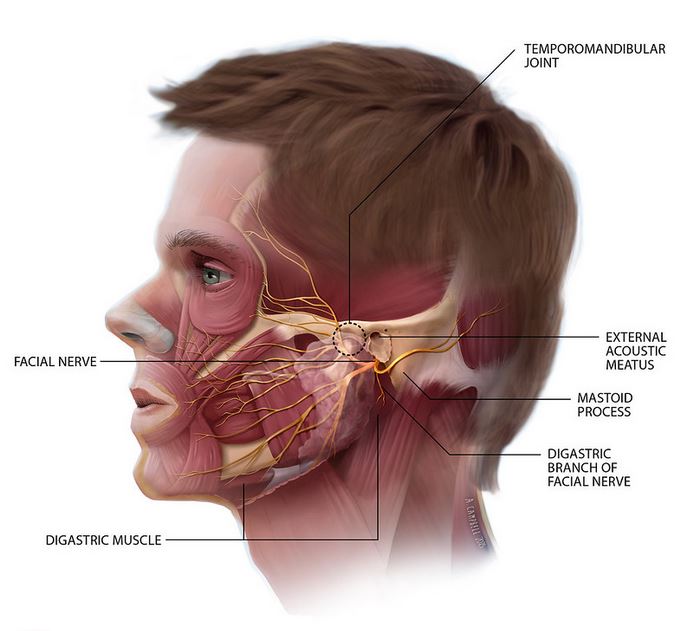Yes, a chiropractor can order an MRI. An MRI, or Magnetic Resonance Imaging, is a non-invasive imaging technique used to diagnose many different medical conditions. It uses powerful magnets and radio waves to create detailed images of the inside of the body.
A chiropractor may order an MRI if he or she suspects that a patient has a musculoskeletal issue such as spinal stenosis, disc herniation, or joint degeneration. In addition to diagnosing injuries and other issues, an MRI can also be used to track changes in the body over time and help guide treatment plans.
When ordering an MRI, a chiropractor will work with a radiologist who will interpret the results and provide feedback on any findings.
What is an MRI Scan?
An MRI (Magnetic Resonance Imaging) Scan is a type of imaging scan that uses strong magnetic fields and radio waves to create detailed images of the inside of the body. Unlike X-rays, an MRI does not use radiation to take its images.
Rather, it uses a combination of powerful magnetism and specialized computer software to provide an extremely detailed view of internal organs and other structures. An MRI is often used to diagnose musculoskeletal problems such as spinal issues or chiropractic concerns.
It can also be used to get a better view of organs in the chest, abdomen, and pelvis as well as the brain and spinal cord. In some cases, an MRI scan may help detect early signs of serious diseases before they become apparent on other scans or tests.
When Might a Chiropractic MRI Referral Be Necessary?
A chiropractic MRI referral may be necessary when a patient is suffering from back pain and spinal issues. For example, if a patient has vertebral degenerative disc disease or other degenerative conditions, your chiropractor may refer you for an MRI scan to get a better understanding of the damage.
The MRI can help identify any dry and crack vertebra that can cause back pain due to the bones and soft tissues grinding against each other. Similarly, if the patient has suffered sports injuries that are causing discomfort, an MRI referral could diagnose any underlying issues before treatment begins.
Ultimately, an MRI enables the chiropractor to assess the full extent of potential damage and decide on the best course of treatment.

Can a Chiropractor Read an MRI?
Chiropractors can be quite beneficial for treating back pain, but can they read an MRI? While a chiropractor is not able to read an MRI in its entirety, they are able to recognize general findings that contribute to back pain. An MRI is a type of imaging test used to diagnose low back pain and other conditions.
Radiologists are the ones that interpret the detailed images of the bones, surrounding soft tissue, and other structures within the spine. Chiropractors may use an MRI to help determine the best course of treatment for their patients.
However, due to the cost and pre-authorizations required by insurance companies, a chiropractor may not always be able to order an MRI. In cases when they cannot order one, they may rely on physical exams and X-rays as well as other imaging tests as part of their chiropractic care. Though a chiropractor may not be able to read an entire MRI, it is possible that an MRI may help them reach a diagnosis for low back pain in some cases.
When an MRI Is Beneficial
An MRI (Magnetic Resonance Imaging) is an invaluable tool used in diagnostic imaging and can be greatly beneficial in a variety of medical situations. In musculoskeletal cases, an MRI scan can be used to diagnose spinal dislocation, disc herniations, broken bones, spinal stenosis, spinal tumors and fractures.
An MRI may be recommended by a chiropractor when attempting to diagnose the cause of pain or discomfort stemming from soft tissue or the spine. It is also useful for diagnosing sports injuries and other musculoskeletal issues. In some cases, a chiropractor may even suggest an MRI if traditional chiropractic treatments do not seem to be working.
An MRI scan can provide detailed images of the spine, spinal cord and other soft tissues which aid in diagnosis and treatment planning. In summary, an MRI can be very beneficial in diagnosing musculoskeletal disorders and injuries as well as providing valuable information for developing effective treatment plans.
What to Expect with an MRI
An MRI, or Magnetic Resonance Imaging, is a scan used by doctors to diagnose and monitor various illnesses and injuries. It is a non-invasive procedure that produces detailed images of the inside of your body without using radiation. The images produced by an MRI scan are incredibly detailed and allow doctors to make accurate diagnoses.
While undergoing an MRI scan, you will be asked to lie down on a table which will then be inserted into the MRI machine. This machine creates a strong magnetic field which causes the protons in your body to align in relation to the magnetic field. Then, radio waves are sent through your body which cause these protons to move out of their alignment, producing signals which are then detected by the machine and converted into images for analysis.
During the scan, you may hear loud noises from the machine but this is part of its normal process. An MRI usually takes between 30 minutes and 1 hour depending on how many scans are being taken.
Can Chiropractors Order MRI For Medicare Patients?
Chiropractors are healthcare professionals that focus on the diagnosis, treatment, and prevention of musculoskeletal disorders. They use a variety of therapies to help patients maintain their health and improve their well-being.
While chiropractors cannot order MRIs for Medicare patients, they can refer them to other medical practitioners who can order the scan for the patient. In addition to this, chiropractors may be able to provide alternative treatments or suggest lifestyle changes that could help reduce pain and improve a patient’s condition without needing an MRI.
It is important for patients to discuss all options with their chiropractor before deciding which course of action is best for them.
Can A Chiropractor Order An MRI In Texas
Yes, a chiropractor in Texas can order an MRI. However, depending on the patient’s insurance provider, the chiropractor may need to get permission from the HSA insurance company before ordering it. Furthermore, some states may require that a referral be obtained from a qualified primary care physician prior to scheduling an MRI.
Additionally, in Texas, if the patient’s plan does not cover chiropractic care, then the patient is responsible for any associated costs of ordering and receiving an MRI. As always, you should discuss your situation with your chiropractor and/or healthcare provider to ensure that you are aware of any potential costs or restrictions that may apply.
Can A Chiropractor Order An MRI In Florida
In the state of Florida, a chiropractor is not allowed to order an MRI for a patient. In the majority of cases, this type of imaging must be ordered by a licensed medical doctor. However, there are exceptions. For instance, if the chiropractor is working with a medical doctor and the medical doctor has authorized the chiropractor to perform an MRI, then it can be done.
Additionally, in some cases, if the patient has an HMO policy or other insurance plan that requires authorization from two providers — one being a chiropractor — then they may be able to get an MRI through their chiropractor. Ultimately, it is important to ask your insurance provider
Can A Chiropractor Order An MRI In California
Yes, a chiropractor can order an MRI in California. Chiropractors are licensed health care professionals that specialize in the diagnosis and treatment of musculoskeletal disorders. They use a variety of techniques including manual manipulation, ultrasound, electrical stimulation, and therapeutic exercises to improve patient health.
In some cases, they may order additional tests such as X-rays or MRI scans to help diagnose a problem or condition. In California, chiropractors can order MRIs without needing prior authorization from another physician. This is possible because of the state’s Medical Injury Compensation Reform Act (MICRA), which allows chiropractors to order MRIs.




